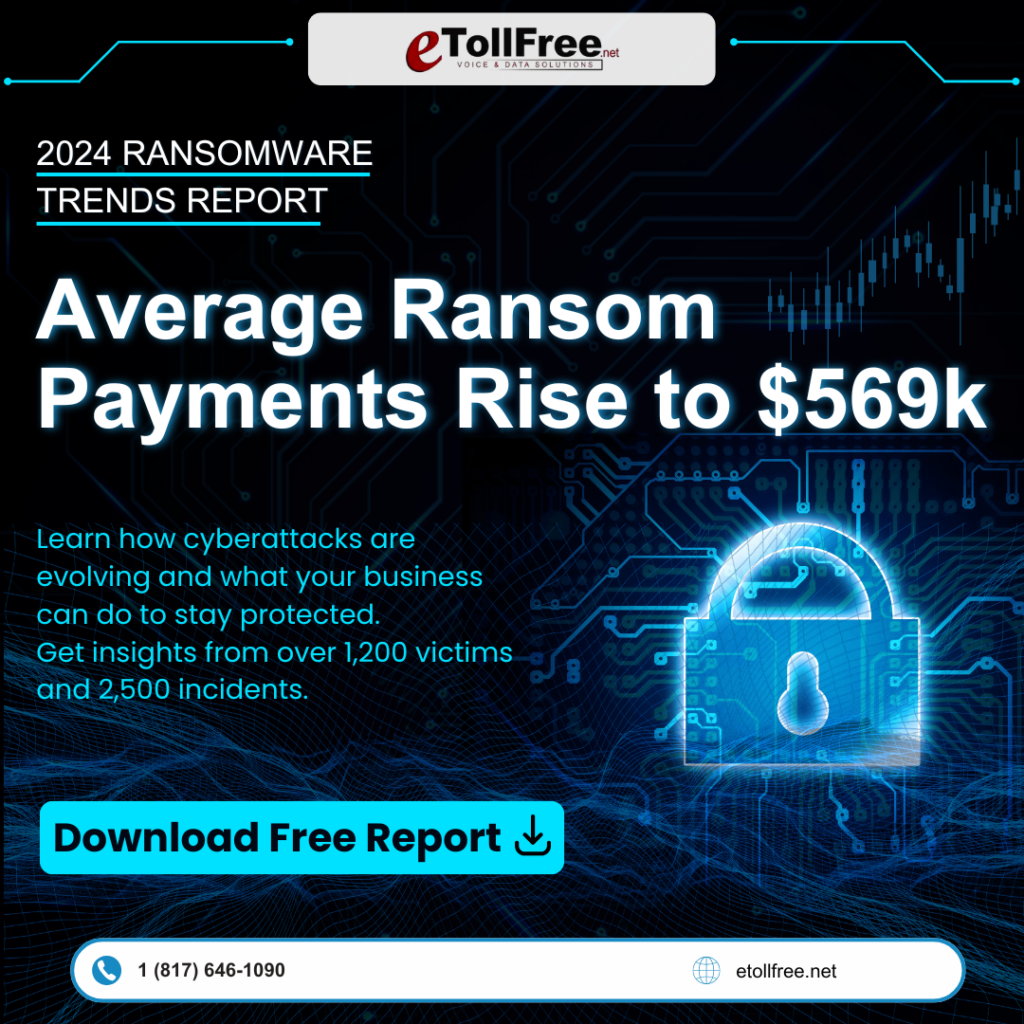Oracle Cloud Servers Data Breach: A Wake-Up Call for Small Business Owners
Introduction
In today’s digital age, safeguarding cloud services is a paramount concern for businesses of every size. Recently, a significant cybersecurity incident involving Oracle Cloud Servers Data Breach has captured widespread attention. A hacker, using the alias “rose87168,” allegedly stole and attempted to sell six million records from Oracle Cloud servers. Accordingly, this event raises critical questions about the security posture of cloud-based infrastructures, especially for small business owners relying on these technologies to store sensitive data.
What Happened?
Details of the Breach
On March 23, 2025, a threat actor identified as “rose87168” claimed to have stolen a substantial amount of data from Oracle Cloud servers. Specifically, the hacker asserted that the data included:
- Java Key Store (JKS) files
- Encrypted Single Sign-On (SSO) passwords
- Hashed Lightweight Directory Access Protocol (LDAP) passwords
- Key files
- Enterprise Manager Java Platform Security (JPS) keys
Global Impact
This Oracle Cloud Servers Data Breach reportedly affected over 140,000 tenants globally. Given its scope, it represents a significant blow to those relying on Oracle’s cloud services.
Method of Attack
The hacker claimed to have exploited a vulnerability within Oracle Cloud’s login infrastructure. Notably, the target was a subdomain endpoint (login.region-name.oraclecloud.com) hosting outdated Oracle Fusion Middleware software. This software was vulnerable to CVE-2021-35587, a known security flaw in Oracle Access Manager, which might have facilitated this breach.
Dark Web Activity
The stolen records were advertised on dark web forums. Consequently, “rose87168” demanded ransom payments from affected organizations to forestall data sales or exposure. The hacker also incentivized others to assist in decrypting the compromised SSO and LDAP passwords by offering rewards.
Oracle’s Response
On March 21, 2025, Oracle released a statement denying any breach of its cloud infrastructure, asserting that no customer data was compromised and the published credentials were not linked to its systems.
Recommendations for Small Business Owners
If your business uses Oracle Cloud, immediate action is crucial. Therefore, consider the following steps:
- Reset Credentials: Change all SSO, LDAP, and related passwords. Moreover, implement strong password policies and activate multi-factor authentication (MFA).
- Monitor Systems: Utilize security monitoring tools to identify any unauthorized access or unusual activities.
- Investigate Breach: Conduct a comprehensive forensic investigation to detect vulnerabilities and mitigate potential risks.
- Engage with Oracle: Report any incidents to Oracle and seek their support in securing your systems.
- Strengthen Security: Enforce rigorous access controls, maintain enhanced logging mechanisms, and regularly update software to patch vulnerabilities.
Conclusion
The Oracle Cloud Servers Data Breach underscores the complexity and increasing sophistication of cyberattacks targeting cloud environments. For small business owners, this is a critical reminder of the importance of enhancing security measures, regularly updating software, and being vigilant in threat monitoring to safeguard sensitive data.
Resources
For further insights and detailed analyses, consider reviewing the following sources:
- Potential Security Vulnerabilities in Oracle Cloud:
Oracle Cloud breach may impact 140000 enterprise customers - History and Background of ‘rose87168’:
Oracle Denies Claim of Oracle Cloud Breach of 6M Records - Global Impact of Data Breaches:
Vulnerability Scanning Overview
By staying informed and proactive, small business owners can better protect their assets and maintain the integrity of their operations in an increasingly digital world.










